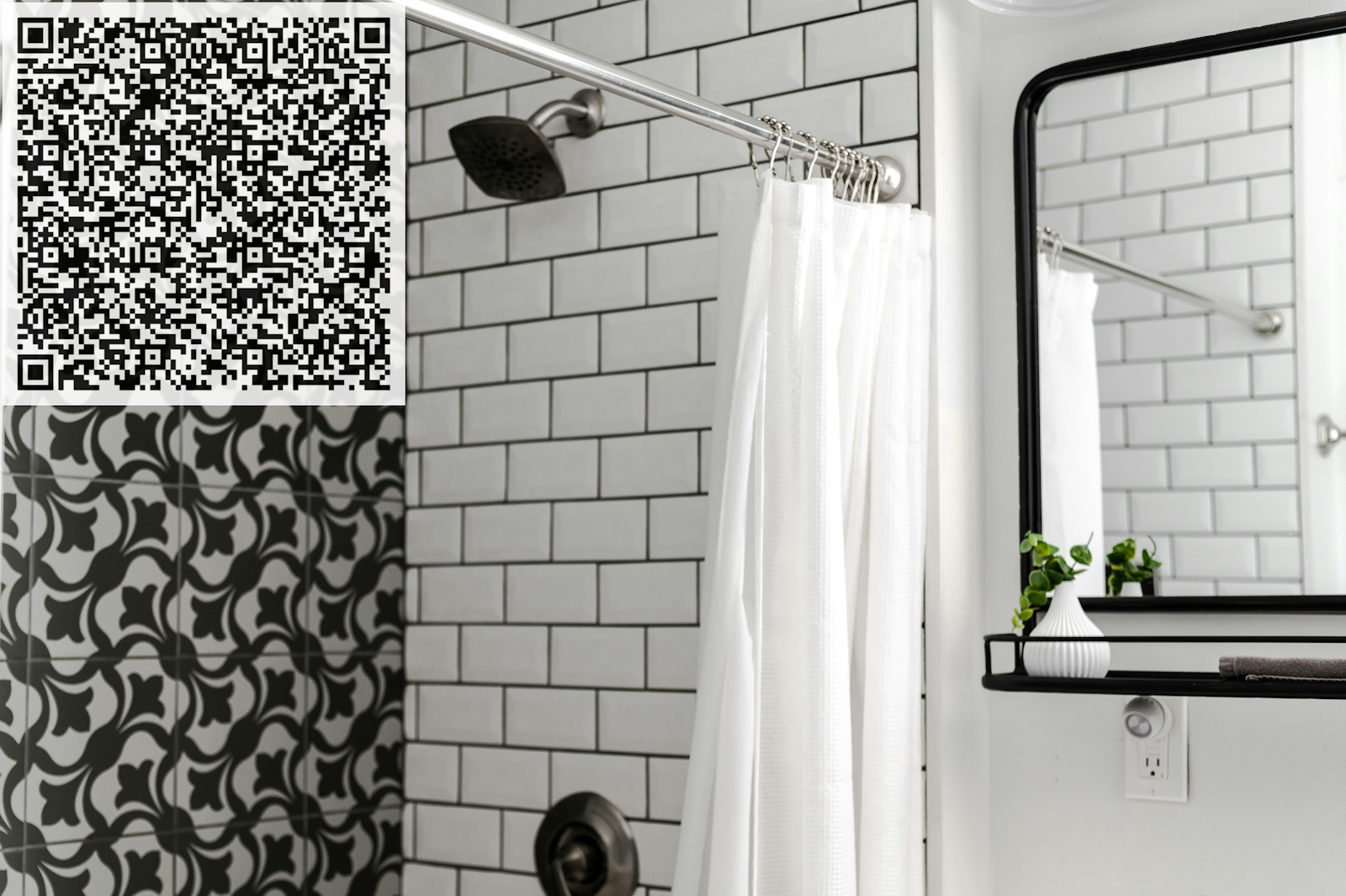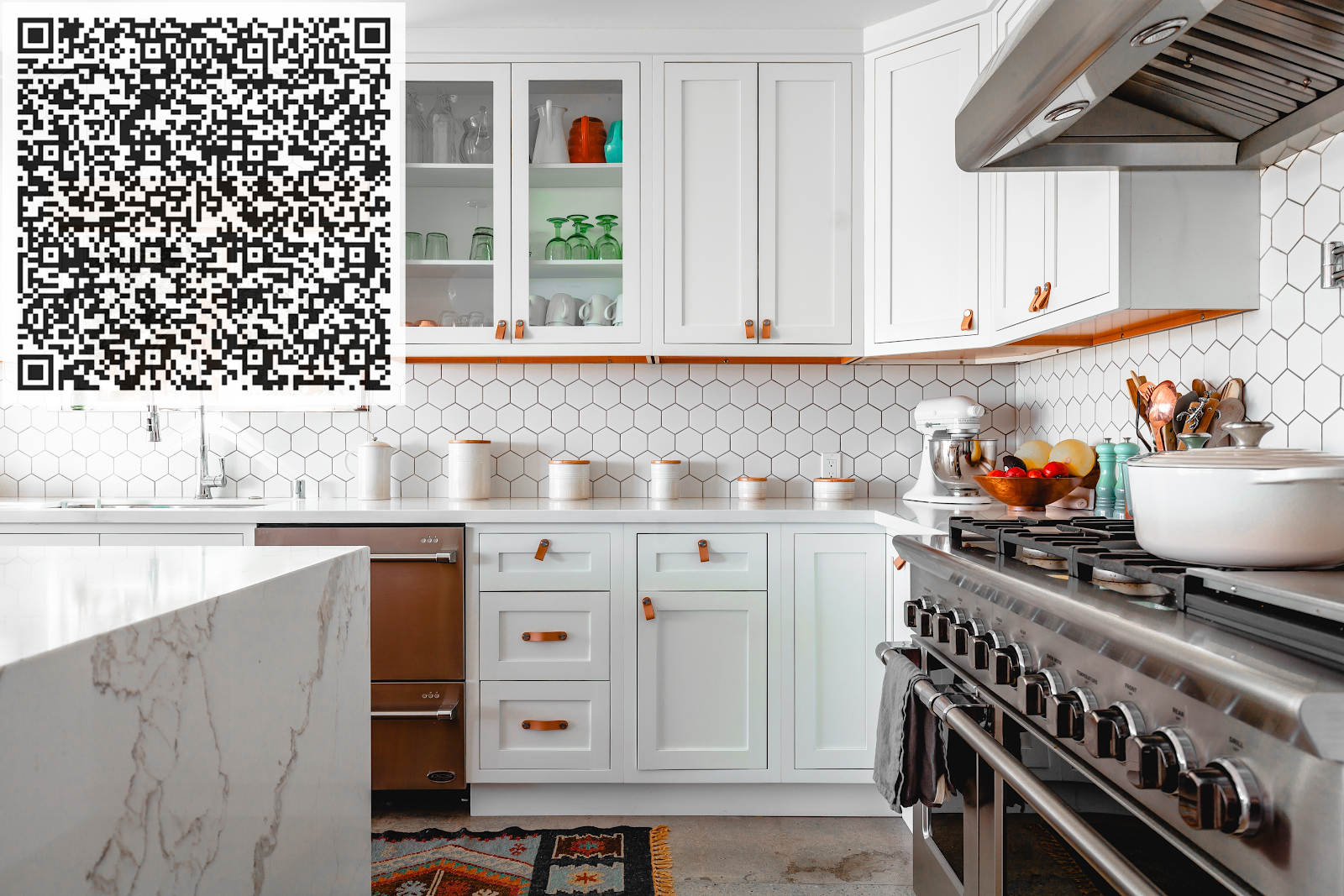Why consider a minimalist approach in kitchen design?
In the fast-paced world we live in, where clutter and chaos seem to be the norm, there's a growing trend towards embracing simplicity and minimalism. This design philosophy has found its way into various aspects of our lives, including home interiors. In this blog post, we'll explore the concept of minimalist kitchen design and why it has become a popular choice for homeowners seeking a clean, functional, and aesthetically pleasing space.
The Essence of Minimalism in Kitchen Design:
Simplicity and Functionality:
Minimalist kitchens are characterized by clean lines, uncluttered surfaces, and a focus on functionality. By eliminating unnecessary elements, these kitchens create a serene and efficient cooking environment.
Streamlined Aesthetics:
A minimalist approach often emphasizes a neutral color palette, using shades like white, gray, and beige. This creates a timeless and elegant aesthetic that can easily adapt to changing design trends.
Maximizing Space:
With a focus on essential elements, minimalist kitchens make the most of available space. Smart storage solutions and well-thought-out layouts contribute to an organized and efficient cooking area.
Quality Over Quantity:
Choosing high-quality materials and appliances becomes crucial in a minimalist kitchen. Each item is carefully selected for its functionality and durability, reinforcing the idea that less is more.
FAQs:
Q1: Isn't a minimalist kitchen too stark and lacking in personality?
A1: Not at all. While minimalist kitchens may have a more subdued color palette, the focus is on creating a calming and welcoming atmosphere. Personalization can be achieved through selective decor, such as vibrant kitchenware or strategically placed artwork.
Q2: Are minimalist kitchens only suitable for small spaces?
A2: No, minimalist design principles can be applied to kitchens of all sizes. In fact, a minimalist approach can be especially beneficial in larger kitchens, preventing them from feeling overwhelming and disorganized.
Q3: How can I incorporate sustainability into a minimalist kitchen design?
A3: Sustainability aligns well with minimalism. Choose eco-friendly materials, energy-efficient appliances, and consider repurposing or recycling old kitchen items. A minimalist kitchen encourages mindful consumption and waste reduction.
Conclusion:
In a world where excess often overshadows the essentials, a minimalist kitchen design provides a refreshing alternative. It goes beyond aesthetics, promoting a lifestyle that values simplicity, functionality, and mindful choices. By embracing the principles of minimalism in your kitchen, you not only create a visually appealing space but also foster a sense of tranquility and efficiency in the heart of your home.
Whether you're downsizing, renovating, or simply seeking a change, consider the beauty of minimalism in your kitchen design—it's a timeless approach that elevates both style and substance.




Comments
Post a Comment